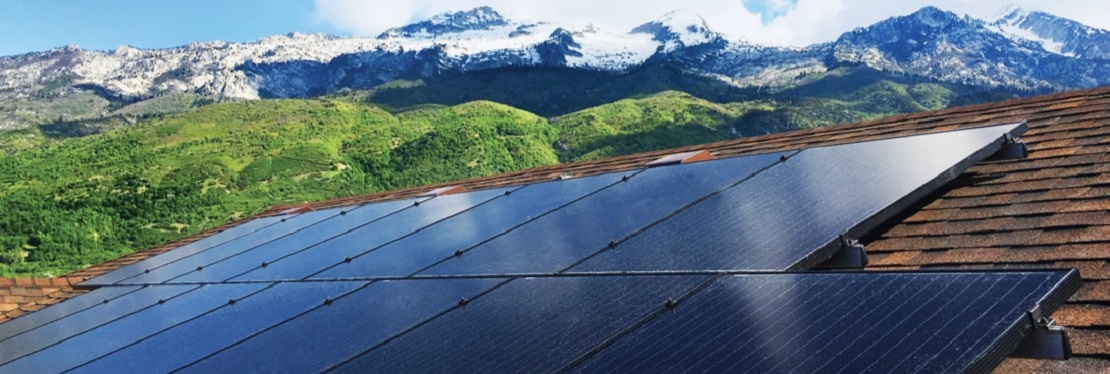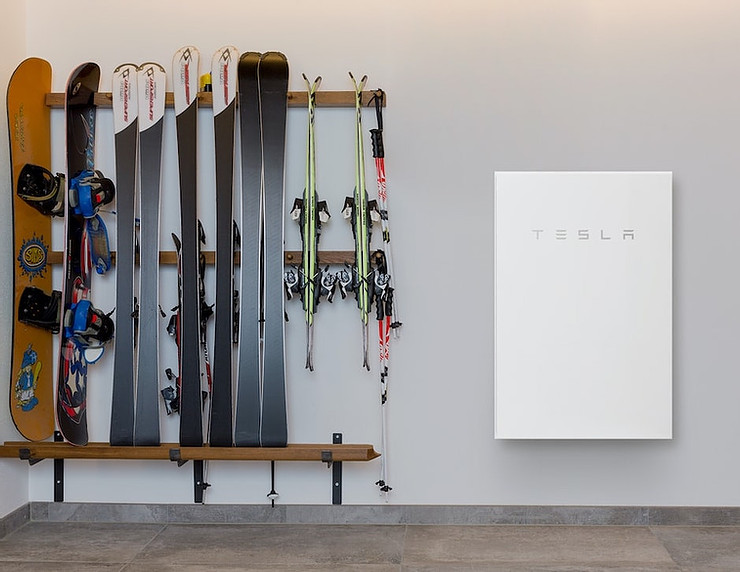
There are many financing options available to homeowners for solar energy financing. There are Home equity loans, leases and power purchase agreements, and tax incentives. These options provide the perfect opportunity to save money while making a significant contribution to the environment. Learn more about the financing options available. You can then choose the right one!
Home equity loan
Home equity loans can be a great way of financing solar energy investments. You can use your equity to offset the costs for installing solar panels. This type of loan is also called a "home equity line of credit" and has lower interest rates that most other solar loans. The tax incentives available to homeowners may offset the cost associated with solar panels.
These loans typically have a term of seven to twenty years, with an interest rate between five and seven percent. The interest paid is often deductible for the homeowner. In addition, home equity loans are typically paid off in a single, steady monthly payment.

Power purchase agreement or lease
A power purchase or lease agreement is a great method to finance the cost of solar installations. It offers homeowners and business many benefits. This allows you to plan for long-term electricity costs as well as system maintenance. A lease allows you to pay lower rates to the utility than you would. The terms of the lease can make both parties more successful, depending on their respective circumstances.
A solar lease may be an option depending on the amount you need to generate solar energy each month. The monthly payment to either the solar leasing company, or your utility, is part of a solar lease. The lease company will be responsible for maintaining the system. The payment is usually lower that the utility's. If the lease ends, the company can remove the solar system.
Cash financing
If you want to install solar panels on your home, you can secure cash financing through solar specific loans. These loans can be arranged with very low monthly payments. They also have a low or zero interest rate. These loans also have a same as cash option, which finances the homeowner's tax credits. These loans often have terms of 12 to 20 years and require no down payment.
A personal loan may be an option depending on your financial situation and needs. Depending on your current financial situation, a personal loan may be a better option than a solar loan. A personal loan doesn't require collateral unlike a loan from the solar company. Personal loans usually have a shorter payback time than a solar loan. However, the payments might be higher.

Tax incentives
One of the most effective ways to finance solar power systems is to use tax incentives. These incentives are based primarily on the total cost of solar energy systems. It can be as high 26%. There are many tax incentives available for solar projects. You should speak with a tax advisor to determine your eligibility.
Additional credit may be granted by some states to purchase energy storage devices. If you buy solar power systems that include energy storage, you can use these credits to finance the installation. You will also be able to rollover any unused credits to the following year. This allows you to deduct $2,500 more taxes in the next year.